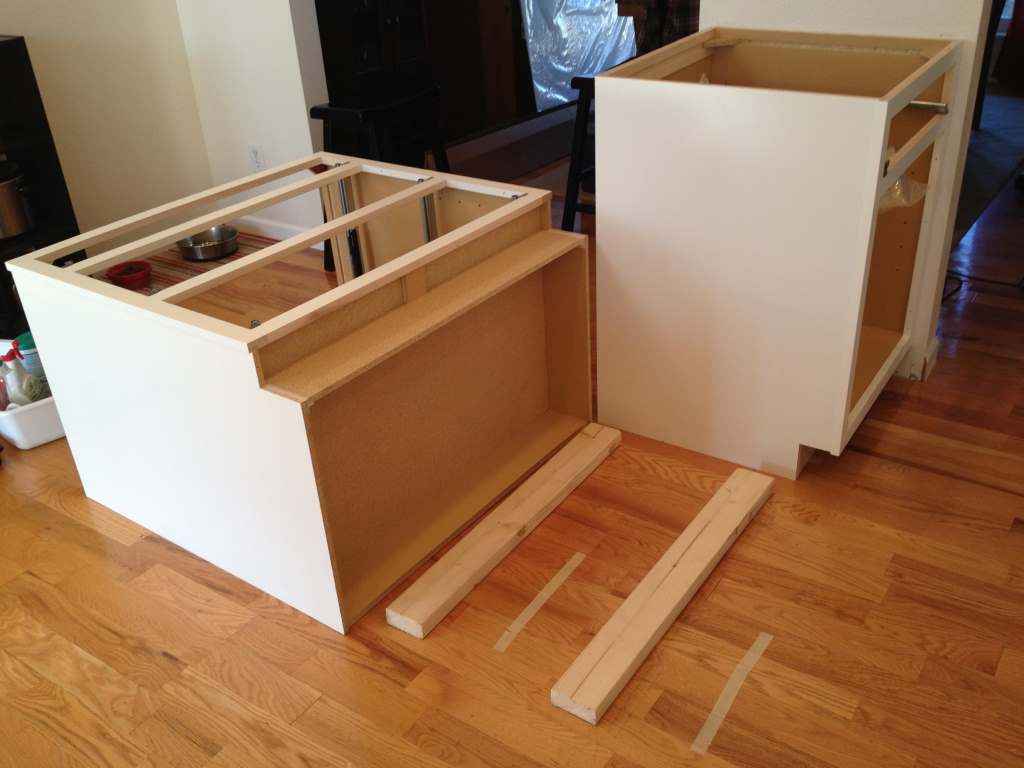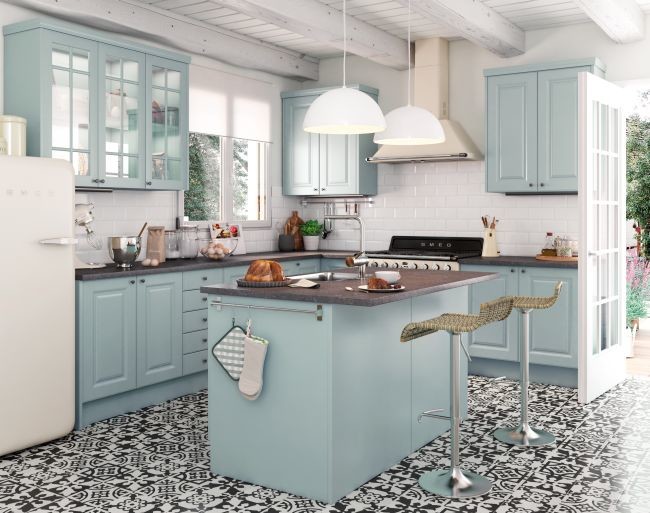The Importance of Regular Maintenance
Regular maintenance is essential for preserving any home system or component’s functionality, safety, and longevity. It enables homeowners to identify and resolve minor problems before they develop into expensive repairs or significant breakdowns. Whether it’s plumbing, roofing, or HVAC systems, routine upkeep ensures each part of the home continues to operate efficiently, saving time and money in the long run.
One commonly overlooked area is the upkeep of entry systems, especially those that endure daily use. For example, garage door maintenance & repair are vital to ensure safe operation and prevent unexpected malfunctions. Regular inspections can catch wear and tear on springs, tracks, or sensors early, reducing the risk of accidents or inconvenience. Prioritizing such maintenance contributes to a safer, more reliable home environment and helps extend the lifespan of critical mechanical components.
Identifying Common Garage Door Problems
Being vigilant about your garage door’s operation helps in the early detection of potential issues. Any unusual sounds like grinding or creaking, or if the door doesn’t complete its full range of motion smoothly, are red flags. Slow responses when opening or closing can indicate an underlying problem, ranging from misalignment of tracks to issues with tension springs.
It is crucial not to overlook these signs, as minor issues like a slight misalignment can escalate into bigger problems that demand garage door repair. Addressing these symptoms early will reduce downtime and ensure your door functions optimally. Regular maintenance prolongs the system’s lifespan and prevents unexpected failures, ensuring your daily routine remains uninterrupted.
Basic Garage Door Maintenance Tips
To ensure your garage door operates smoothly, follow these simple practices:
- Inspect Moving Parts: Every few months, check springs, cables, rollers, and tracks for signs of wear, such as cracks or bends.
- Keep the Door Clean: Regularly clean the garage door to prevent rust and corrosion, especially in humid or coastal areas.
- Lubricate Mechanical Parts: Apply lubricant to rollers, hinges, and tracks to reduce friction and ensure smoother operation. Use a high-quality lubricant specifically designed for metal parts, as this will enhance efficiency and prolong the life of these components.
Safeguards and Precautions
Safety should always be a priority when dealing with heavy and mechanical structures like garage doors. Modern doors are equipped with safety sensors designed to prevent accidents by stopping the door if an obstruction is detected. Ensuring these systems are always operational protects people, animals, and objects.
During maintenance checks, halt all power to the door to avoid any inadvertent motion that could result in injury. Also, keep children and pets safe during maintenance activities to prevent them from accidentally triggering any mechanisms.
Tools You Need for Maintenance
Having the proper tools at hand simplifies maintaining your garage door. Essential tools include screwdrivers in various sizes for handling screws and fasteners, a lubricant spray formulated explicitly for metal parts, and a tape measure. Additionally, having a level can aid in ensuring tracks are correctly aligned.
Equipping yourself with these tools indicates preparedness and empowers you to promptly address minor issues, ensuring your garage door runs smoothly with minimal interruptions.
The Cost-Benefit Ratio of Preventive Maintenance
Investing time and a little effort into preventive maintenance offers substantial cost savings. Routine checks and minor fixes help avoid the hefty expenses of significant repairs and replacements. By ensuring fewer disruptions and extending the lifespan of your garage door, the return on investment in preventive measures is clear and substantial.




